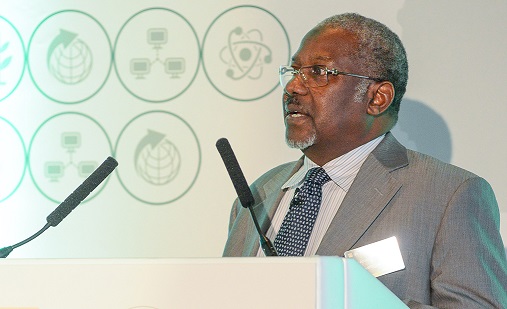African startups began 2025 on a strong note, securing $289 million in funding in January. This represents a significant increase compared to the $85 million raised in January 2024, making it the second-best January for startup funding since at least 2019, only behind January 2022. According to Africa: The Big Deal!, which tracks startup investments across the continent, over 90 percent of the funds raised in January came from equity investments, totaling $262 million. This is 4.4 times more than what was raised in the same month last year.
Despite the impressive start, African startups experienced a decline in total funding in 2024, raising $2.2 billion across equity, debt, and grants, excluding exits. This marked a 25 percent drop from the $2.9 billion raised in 2023. The four leading startup ecosystems—Kenya, Nigeria, Egypt, and South Africa—continued to dominate, attracting 84 percent of all startup funding, maintaining the same trend as in 2023.
In January, startups closed 40 deals worth over $100,000. Although this was lower than the number of deals recorded in 2022, 2023, and 2024, the number of deals surpassing $1 million was higher than in January 2024, with 26 such deals compared to 21 the previous year. The biggest deals of the month accounted for nearly 60 percent of all funds raised, with startups focused on expansion within and beyond Africa. PowerGen, an energy company, secured over $50 million to develop a scalable platform for distributed renewable energy solutions across the continent. LemFi, a fintech firm, raised $53 million to expand into Asia and Europe. Naked Insurance, an insurtech startup, secured $38 million in a Series B round to automate and expand its product offerings. Enko Education raised $24 million to grow its network of schools across Africa.
While the number of deals in January was lower than in previous years, the high value of funds raised suggests growing investor confidence in African startups. If this momentum is sustained, 2025 could mark a significant turnaround for startup investments after two years of decline.










